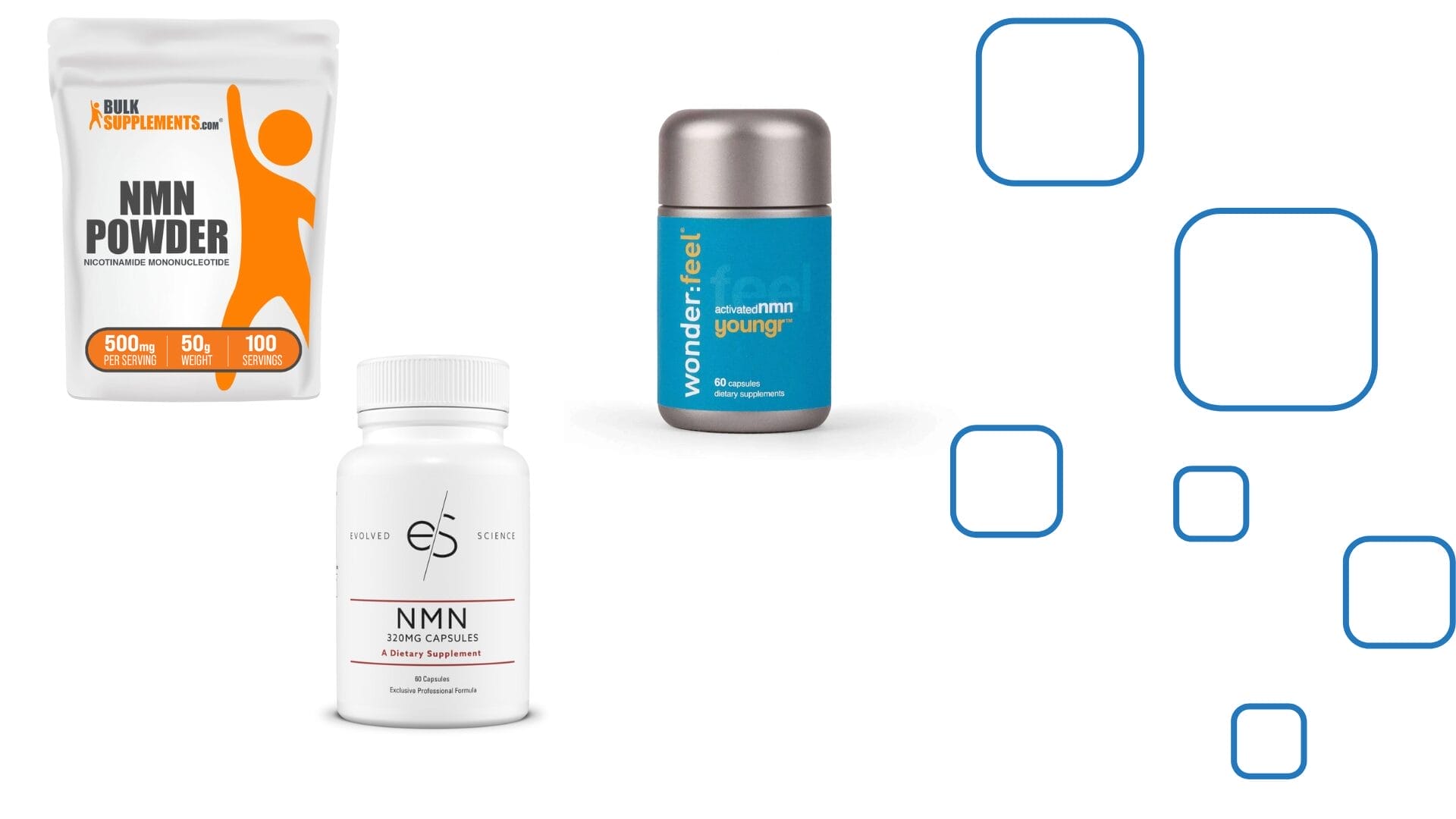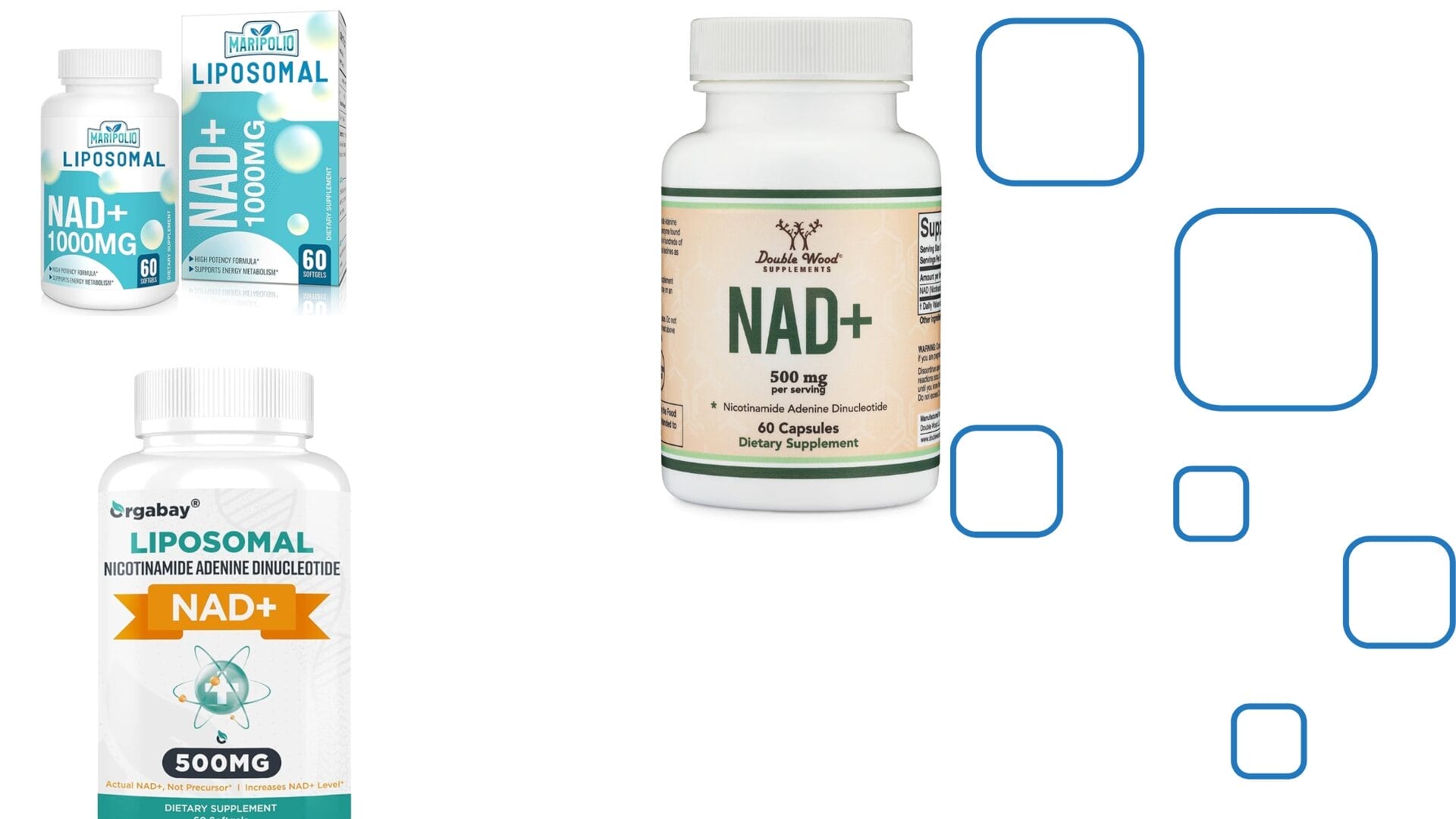As you age, your body begins to change and adapt — going through something called menopause. The symptoms of menopause can be difficult to deal with and they can wreak havoc on your daily life. However, there are treatments out there that can ease your symptoms, so it might be easier than you think to get your life back on track. Find out how to alleviate menopause symptoms with the help of reviews.healthcare.
What is menopause?
Menopause is a natural process that all women will go through in their lifetime. Hormonal changes in your body cause your periods to stop due to decreased levels of oestrogen and progesterone. This makes it a lot harder for you to become pregnant as your fertility levels will rapidly decrease.
Some women go through menopause naturally, while others may have it induced by the removal of their wombs and/or ovaries or because of cancer treatments such as chemotherapy.
When does menopause start?
Menopause naturally occurs between the ages of 45 and 55 but it depends entirely on your body and genetics. Some women may have close relatives such as a mother or sister who have also gone through menopause at a younger age — so it’s possible the same thing could occur.
Early menopause
Some women go through menopause before the age of 40 and this is called premature menopause. This type of menopause is thought to impact around 5% of women. It also means your ovaries aren’t working properly and stop producing eggs earlier than they should.
How long does menopause last?
How long menopause lasts will depend entirely on your body. For some women, it may last as little as a few months, while others may experience it for a couple of years. With so many symptoms persisting for so long, it’s easy to see why women seek out treatment.
Menopause symptoms
The first sign you may notice when going through menopause is changes in your menstrual cycle. Your periods may be shorter, longer, heavier or lighter, as well as being irregular and spotting in between.
Hot flushes are another common symptom that can last for years after you have gone through menopause. This is related to the decrease of oestrogen in your body and causes you to suddenly feel hot or “flushed” for no apparent reason. Some women experience these while they sleep — these are called night sweats.
Other symptoms of menopause can include:
- Vaginal dryness
- Decreased libido
- Trouble sleeping
- Mood changes including stress, anxiety and depression
- Weight gain or loss
- Stiffness or aches in your joints
- Heart palpitations
- Headaches
Weight gain in menopause
A lot of women think that they will gain weight during menopause, but this is not always the case. A lack of oestrogen can sometimes lead to weight gain around your middle, but it’s not usually more than 5% of your total body weight. It’s worth noting that most weight gain during menopause is caused by the usual weight-gaining suspects — lack of exercise and eating too many calories.
So, by eating right, moving more and utilising support where you need it, you can keep the extra weight off.
How to treat menopause symptoms with medication
Luckily, there are treatments out there that can help alleviate the many symptoms of menopause. Kliovance is a great example of hormone replacement therapy (HRT). This medication utilises a combination of oestrogen and progesterone to replenish your hormone levels and reduce your symptoms.
Learn more about this HRT in our Kliovance review.
There are oestrogen-only HRT treatments that are only prescribed to women who have had their ovaries and/or uterus removed.
HRT is available for use as:
- Tablets
- Skin patches
- Gels
- Creams
- Implants
This wide range of choices means you can pick what works best for you and your routine. If you don’t want to have to remember to take a tablet every day, then why not opt for a patch instead? This way, you can take control of your health and do the best for your body when starting HRT.
When you take HRT, it might not work right away. It’s advised that you take it for at least a few weeks as your body needs to adjust to the new levels of hormones. Most doctors will ask you to come back in three months so they can assess how well it’s working for you. If it isn’t working, they might up your dose or switch types.
Testosterone for menopause
Sometimes testosterone gels may be recommended if other HRT treatments do not improve your libido, mood and energy levels. Women produce testosterone naturally in their ovaries, but their levels decrease when they go through menopause. Testosterone can also be used alongside other HRT medications, so speak with your doctor if you believe it may benefit you.
Side effects of HRT
Most medications you take will have some type of side effect, but the ones associated with HRT are surprisingly minimal. There are a lot of myths about taking HRT for menopause symptoms, but HRT does not cause cancer or weight gain.
The side effects of HRT can include a slightly increased risk of breast cancer and blood clots. However, it does depend on what type of HRT you have. HRT tablets can slightly increase your risk of blood clots and combined HRT can very slightly increase your risk of breast cancer. But this increase is minuscule.
How to treat my menopause symptoms naturally
If you don’t want to try HRT yet or want to do the very best you can for your body during menopause, there are some lifestyle changes you can make that can help.
Eating a well-balanced diet can work wonders for any potential weight gain. Incorporate lots of foods that are rich in calcium and vitamin D so you strengthen your bones which will weaken due to the lack of oestrogen. Try eating leafy green vegetables and yoghurts and enjoy the sun to boost your intake.
Certain foods can trigger hot flushes such as caffeine and alcohol. This is because they are stimulants, so try to cut down on both of them to keep yourself cool. You can also treat yourself to a portable handheld fan. This way, you’re ready to manage your hot flushes as soon as they start.
Which treatment is right for me?
It can be tricky knowing which treatment for your menopause symptoms is best. If you’re feeling confused about the different types of HRT and natural remedies, then speak with your doctor. They will be able to help you fully understand the benefits of each treatment and provide you with the right dosage too.
So, don’t let menopause symptoms hold you back any longer. Get the help you need today and discover how easy it can be to treat your symptoms.
Learn more about looking after your health with our blog posts.
Sources
- https://www.nhs.uk/conditions/menopause/
- https://www.nia.nih.gov/health/what-menopause
- https://www.mayoclinic.org/diseases-conditions/menopause/symptoms-causes/syc-20353397
- https://www.nhsinform.scot/healthy-living/womens-health/later-years-around-50-years-and-over/menopause-and-post-menopause-health/early-and-premature-menopause
- https://www.nhs.uk/conditions/menopause/symptoms/
- https://www.nhs.uk/conditions/menopause/treatment/
- https://www.healthline.com/nutrition/11-natural-menopause-tips


